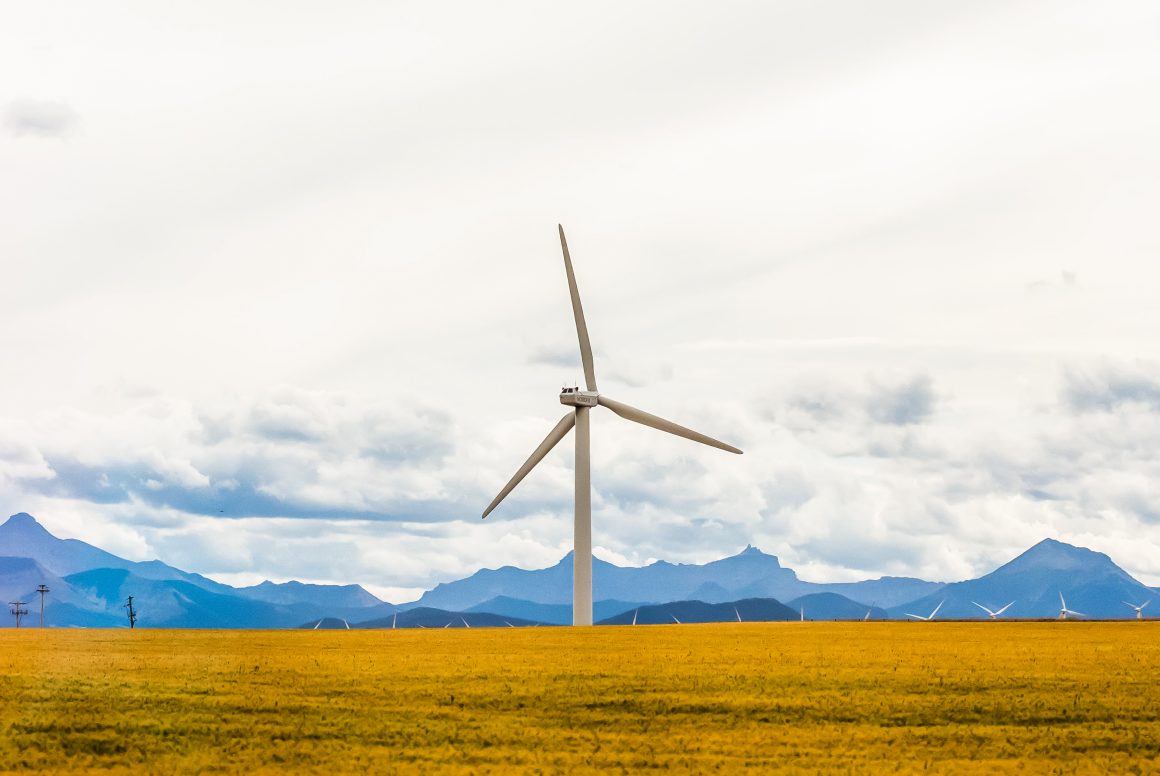
The reality of climate change is inconvenient for Alberta, except it isn’t
By Cole McCracken, February 14 2020—
Alberta has never exactly been the environmental capital of the world. With the rise of a new-wave of environmental attitudes, activists and movements, it seems as though Alberta has dug its heels in and is becoming almost anti-environmental. Toting “I Heart Oil and Gas” merchandise is used as a reactionary movement to a perceived threat of environmentalism on Alberta and its economy. A good portion of people in Alberta are scared that due to this increase in environmental ideology — both in Canada and around the world — that their very well-being is threatened due to the global reduction in support for oil and gas. However, it is quite the opposite. While it is true that Alberta’s oil and gas industry is facing the threat of an arguably inevitable reduction due to this shift in attitudes towards it, the Alberta Energy sector and Alberta as a whole faces the opportunity to be leaders in the climate revolution by being exactly what Albertans claim to embody — entrepreneurial.
Before the rise of the worldwide Fridays for Future Environmental movement in 2018, Albertans already seemed to have their fair share of reservations against anyone who would threaten the oil and gas industry, especially in light of the drop in oil prices and wave of layoffs back in 2014–2016. However, since the rise of Fridays for Future and the provincial election, a wave of climate denial swept across the province. It makes sense that Albertans don’t want to face another recession, which of course was caused by damage to the energy sector’s performance, but there are several reasons as to why it becomes more important to strive for a transition away from an oil and gas-based economy, as non-intuitive as it may seem.
Firstly, the oil and gas industry actually lends itself towards a boom and bust cycle that has been an inherent part of the industry since it began. This cycle was what had initially plagued Alberta in 2014–2016 as the Organization of the Petroleum Exporting Countries’ (OPEC) increased output lowered the market price for oil, among other, smaller factors. It isn’t unlikely that this cycle will continue either. Diversification and a shift away from Alberta’s reliance on oil and gas — though not a total shutdown — is not only environmentally imperative but is increasingly important economically in the face of not only the continued boom and bust cycle of oil and gas, but in the face of the inevitable downsizing of the industry.
Secondly, not only is it becoming progressively more unfeasible to survive in an oil and gas-based economy in the long term, but it is also becoming increasingly realistic and profitable to invest in greener infrastructure as technologies in the field improve to be more efficient and cost-effective and incentive to be environmentally conscious increases. As investment in green technologies increases globally, it becomes almost essential for Alberta to increase investment into a transition to attract this investment which would otherwise be lost, as it is not only new investment we are trying to gain, but old investors who are changing their portfolios we want to keep.
Thirdly, of course, is dealing with the realities and consequences of climate change. Natural disasters and costs associated with them are increasing worldwide, including in Canada. As a result of changes in climate, crops are seeing a harder time growing, which has led to projections of the cost of food prices — and therefore the cost of living for Albertans — to increase. Even ignoring the human cost and the cost to our planet as a result of climate change in favour of focusing on economic cost, it has become more cost-effective to preemptively attempt to mitigate further costs of consequences related to climate change by making the transition to green energy policy and practice in our economy and energy sector than it would be to not do so. Furthermore, there is a level of propaganda that perpetuates the myth that Alberta’s oil and gas is good for the environment. Simply put, it is not. Even the claim that it is better for the environment than oil and gas from elsewhere is somewhat debatable, and even if it weren’t it would be like being killed by a lion instead of a bear — one kills you faster but you still end up dead.
A lot of the time when discussing the topic of transitioning Alberta to a greener economy, people opposed to it will often claim that either it would hurt the economy or sentiment like, “why should we transition when China and India are so much worse.” I respond to these with, “Why shouldn’t we? Why not be as entrepreneurial as we claim to be and be part of the solution!” Shifting away from oil and gas while turning our attention towards green alternatives as well as other industries affords Alberta the chance to try and stabilize its economy, to be a part of the solution, attract forward-thinking investors and to be ahead of the curve. Alberta needs to change its perspective on oil and gas and green energy if it wants to help the world survive climate change and help Alberta and its citizens to survive the climate revolution that at least to some extent, is already here.
This article is part of our Opinions section and does not necessarily reflect the views of the Gauntlet’s editorial board.
